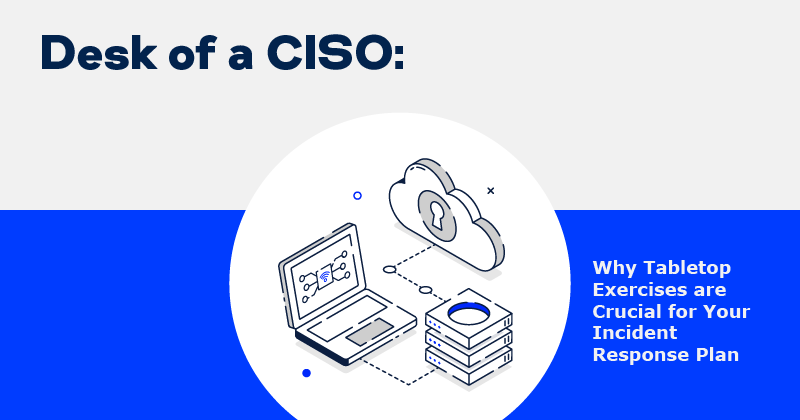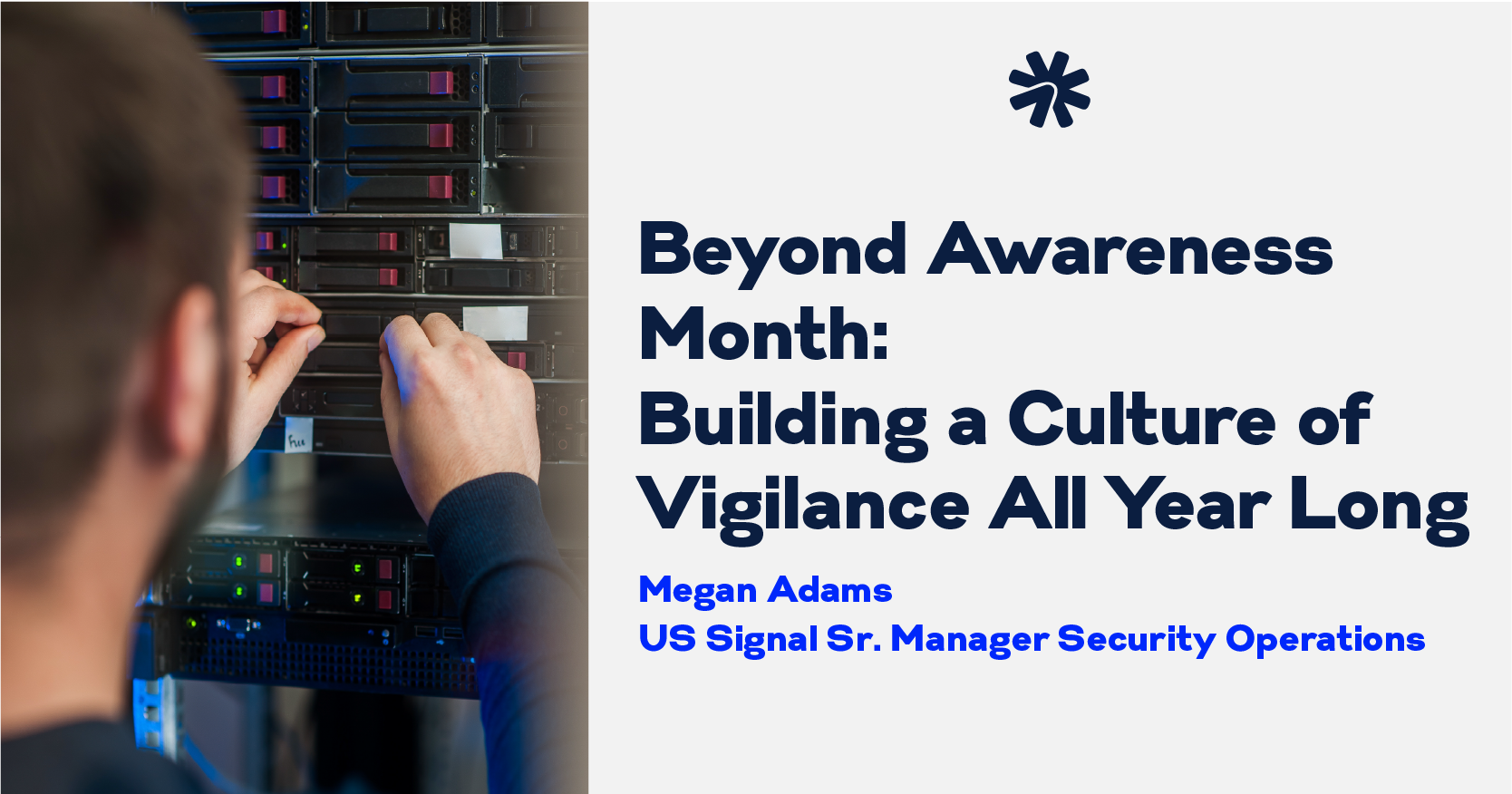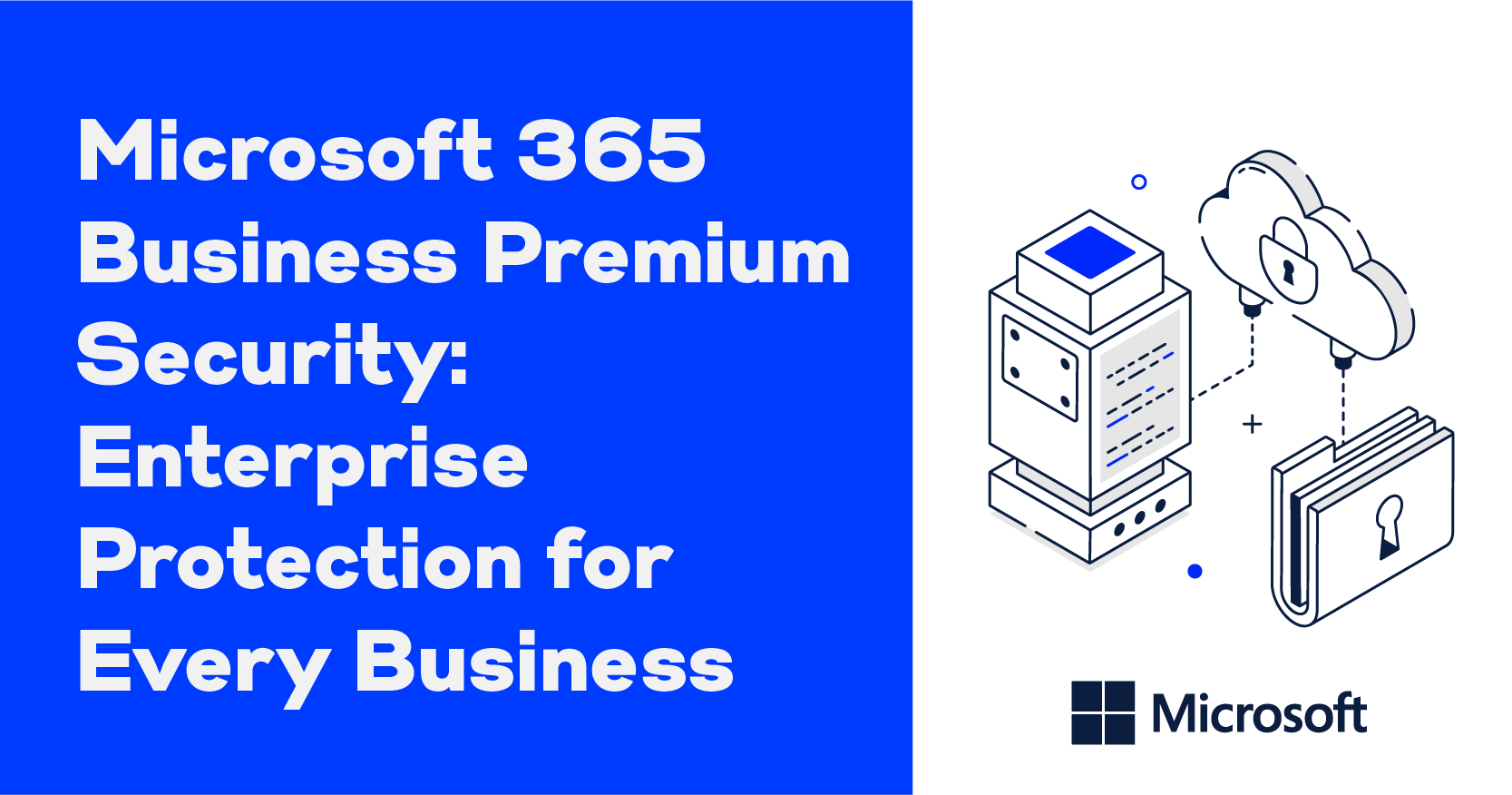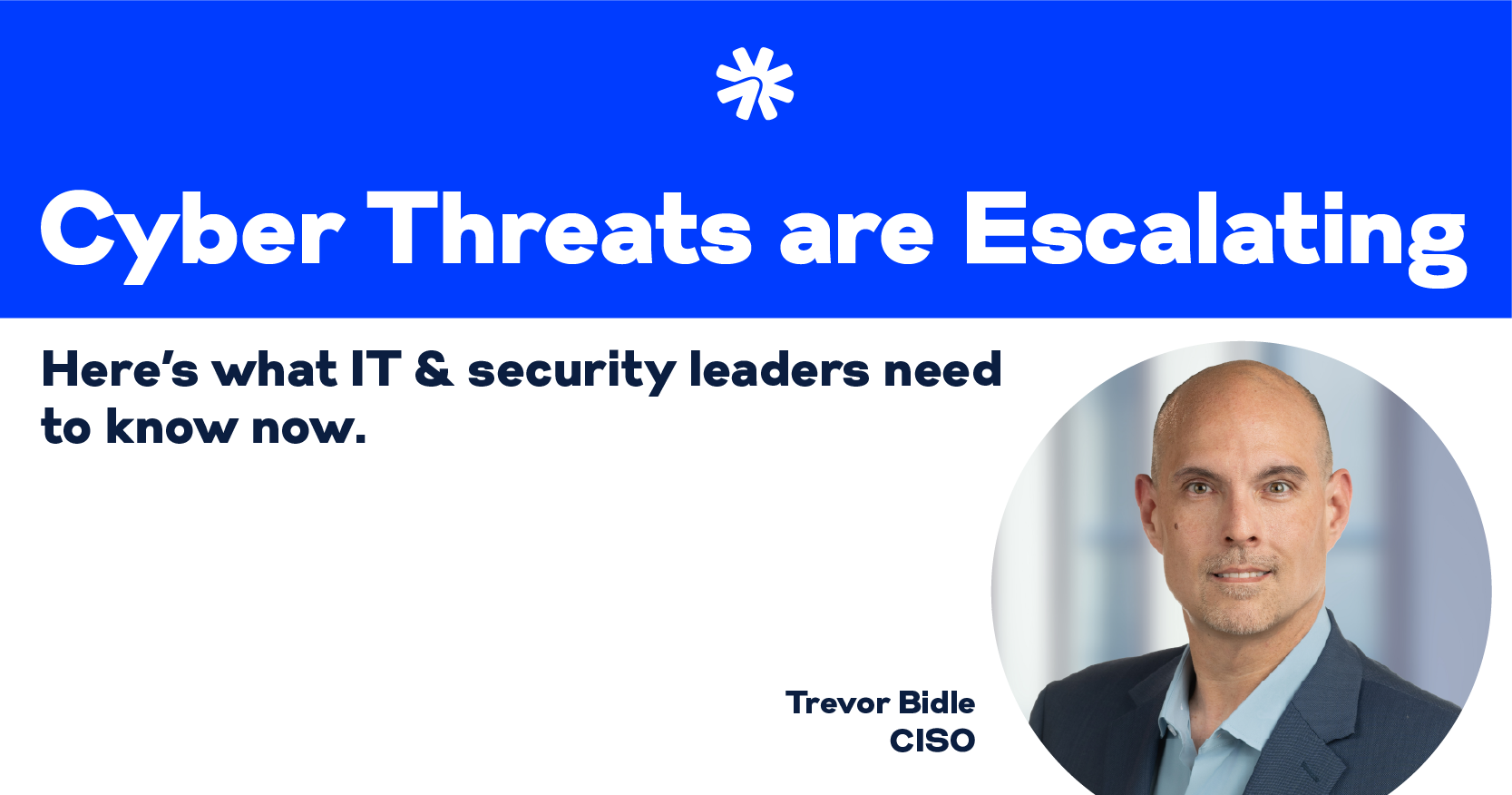CISO’s Perspective on Utilizing OpenCloud for Hosting Compliant Workloads

In the rapidly evolving landscape of cloud computing, Chief Information Security Officers (CISOs), Chief Information Officers (CIOs), and Chief Technology Officers (CTOs) of mid-market businesses and medium enterprises find themselves at a crossroads. The unpredictable price increases from VMware have shaken the industry, leaving many organizations grappling with budget uncertainties and strategic dilemmas. The pressing question is: Where do we turn for a secure, compliant, and cost-effective alternative to host our critical workloads?
For years, VMware has been a cornerstone for virtualization and cloud solutions in industries where compliance is non-negotiable—finance, healthcare, and organizations under strict regulations like PCI DSS, HIPAA, GDPR, and NY DFS CR 500. However, the announcement of sudden and unpredictable price hikes has introduced a significant variable to financial planning and operational stability.
This uncertainty is particularly troubling for organizations with stringent compliance requirements. The options seem limited: absorb the increased costs or risk moving to a VMware alternative that may not meet the rigorous security and compliance standards required.
The ramifications of these price increases extend beyond mere budgetary concerns. They threaten to disrupt long-term strategic initiatives, stifle innovation, and potentially compromise the security posture of organizations that cannot afford to cut corners.
Staying with VMware under these new financial constraints could lead to reduced investment in other critical areas, such as cybersecurity enhancements or compliance initiatives. On the other hand, the lack of a trusted VMware alternative forces organizations to consider unproven platforms, which may expose them to compliance violations, data breaches, and reputational harm.
For CISOs in regulated industries, this is more than a financial dilemma—it’s a question of maintaining the integrity and confidentiality of sensitive data amidst a backdrop of changing technological landscapes and increasingly sophisticated cyber threats.
OpenCloud—A Secure and Compliant Alternative
Enter OpenCloud, an Infrastructure as a Service (IaaS) cloud hosting service launched by US Signal, as a solution to the challenges technology executives need to address for their most critical workloads.
OpenCloud leverages the robustness of the Kernel-based Virtual Machine (KVM) hypervisor and the orchestration capabilities of Apache CloudStack to provide a secure, compliant, and cost-effective VMware alternative.
Security and Compliance at the Core
At the heart of OpenCloud’s offering is the KVM hypervisor, an open-source virtualization technology known for its strong security features. KVM operates within the Linux kernel, benefiting from the kernel’s security mechanisms and frequent updates. According to a report by the National Institute of Standards and Technology (NIST), KVM has a smaller attack surface compared to other hypervisors, reducing potential vulnerabilities^1^.
CloudStack, the orchestration platform used by OpenCloud, further enhances security through its mature and tested architecture. It offers advanced features such as multi-tenancy, role-based access control (RBAC), and network segmentation, all critical for maintaining compliance in regulated industries.
Workload Isolation
OpenCloud ensures workload isolation by leveraging KVM’s built-in security features. Each virtual machine (VM) runs as an isolated process in user space, with its own memory and CPU resources. This segregation minimizes the risk of cross-VM attacks, a crucial aspect when hosting sensitive workloads.
Network Segmentation
With CloudStack’s virtual networking, organizations can design complex network topologies with isolated subnets, firewalls, and load balancers. This allows for precise control over network traffic, ensuring that data flows comply with regulatory requirements such as PCI DSS’s segmentation mandates.
Role-Based Access Control
Security isn’t just about technology; it’s also about who has access to what. OpenCloud utilizes CloudStack’s comprehensive RBAC system to enforce the principle of least privilege. Administrators can define granular access controls, ensuring that users only have the permissions necessary for their roles.
Logging and Monitoring
Compliance frameworks often require detailed logging and monitoring of system activities. OpenCloud provides extensive logging capabilities, capturing events at the hypervisor, network, and application layers. These logs can be integrated with Security Information and Event Management (SIEM) systems for real-time analysis and long-term auditing.
Cost-Effective Without Compromising Security
One of the compelling advantages of OpenCloud is its cost-effectiveness. By adopting open-source technologies like KVM and CloudStack, US Signal can offer competitive pricing without the licensing fees associated with proprietary solutions like VMware. This cost model allows organizations to redirect savings towards other strategic initiatives while maintaining—or even enhancing—their security posture.
Meeting Compliance Requirements
Compliance is non-negotiable, and OpenCloud is designed with this in mind. The platform supports various compliance standards:
- PCI DSS: Through network segmentation and strong access controls, OpenCloud helps organizations reduce the scope of compliance and protect cardholder data.
- HIPAA: OpenCloud provides the necessary security controls to safeguard Protected Health Information (PHI), including encryption, access controls, and audit logging.
- GDPR and NY DFS CR 500: Data protection regulations require strict handling of personal data. OpenCloud’s data isolation and security features support compliance with these stringent standards.
US Signal also offers support services to assist organizations in their compliance audits, providing necessary documentation and expertise to navigate regulatory complexities.
A Proven Track Record with Enterprise Support
Transitioning to a new cloud platform is a significant undertaking. US Signal recognizes this and provides comprehensive support throughout the migration process. Their team of experts assists with planning, execution, and optimization, ensuring a smooth transition without disrupting business operations.
Moreover, OpenCloud’s compatibility with existing tools and applications minimizes the learning curve for IT teams. The platform supports standard APIs and integrates with popular management and orchestration tools, preserving existing workflows and processes.
Embracing the Future with Confidence
The challenges posed by VMware’s unpredictable price increases need not corner organizations into compromising positions. OpenCloud presents a viable, secure, and compliant alternative that addresses both the financial and technical concerns of CISOs, CIOs, and CTOs in regulated industries.
By leveraging the strengths of KVM and CloudStack, OpenCloud offers a robust platform that not only meets but often exceeds the security and compliance capabilities of proprietary solutions. It empowers organizations to take control of their cloud strategy, ensuring that they remain agile, secure, and competitive in an ever-changing technological landscape.
I’m excited about our latest product and the ability OpenCloud provides to empower customers to control their future cost, technology, and compliance. I would love to share more with you about the security of our offering and how we can help your organization.




